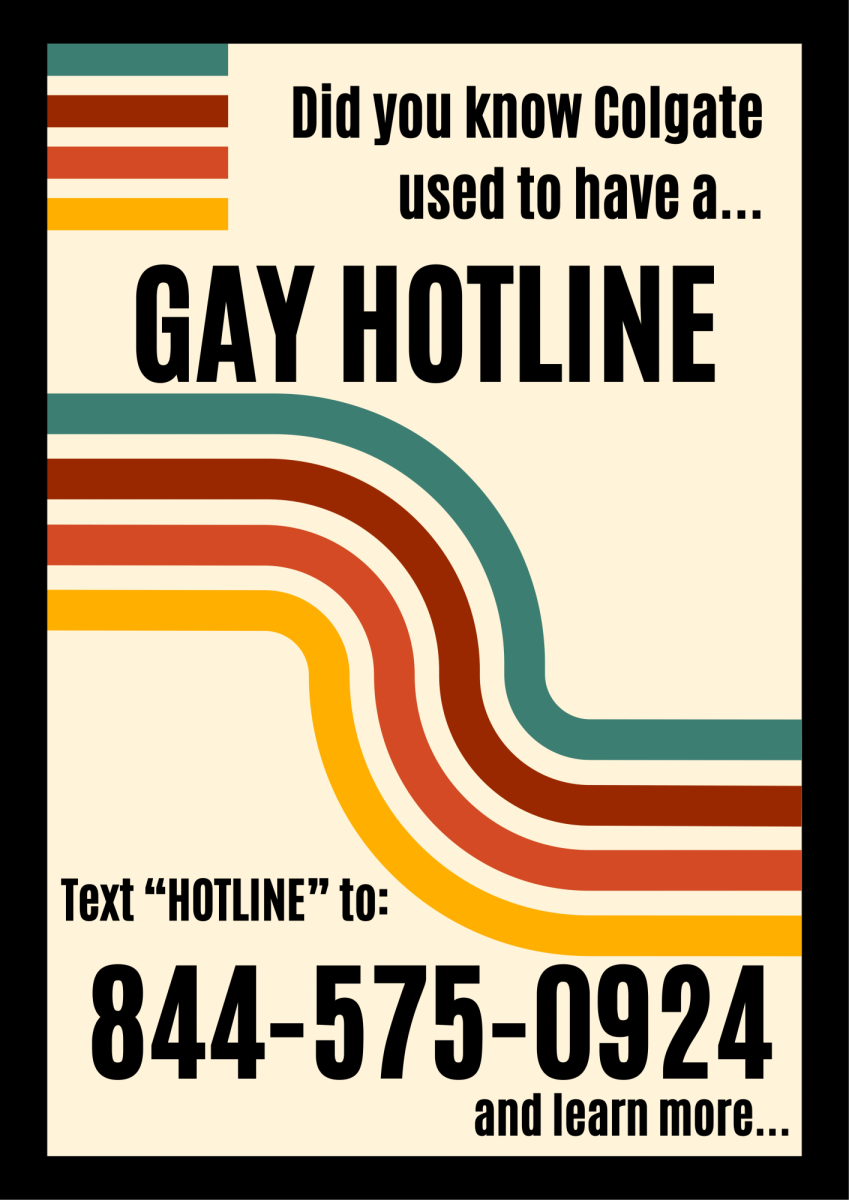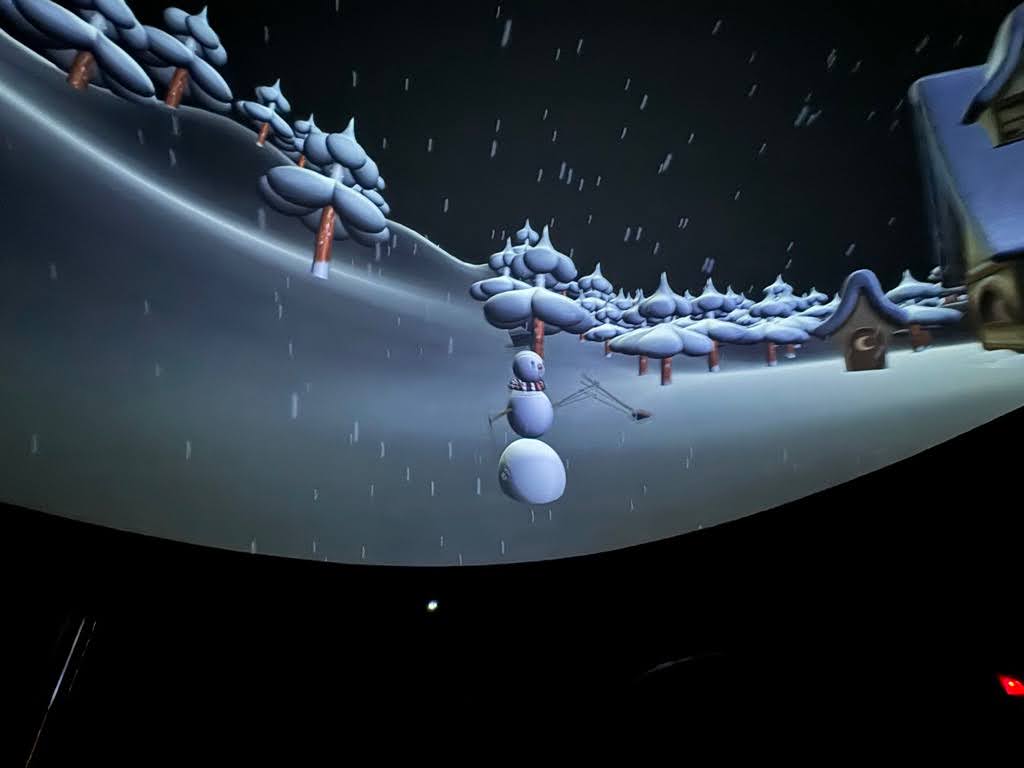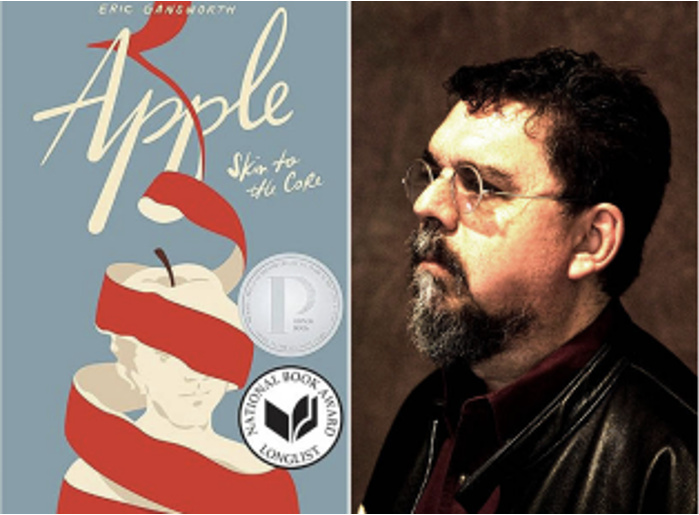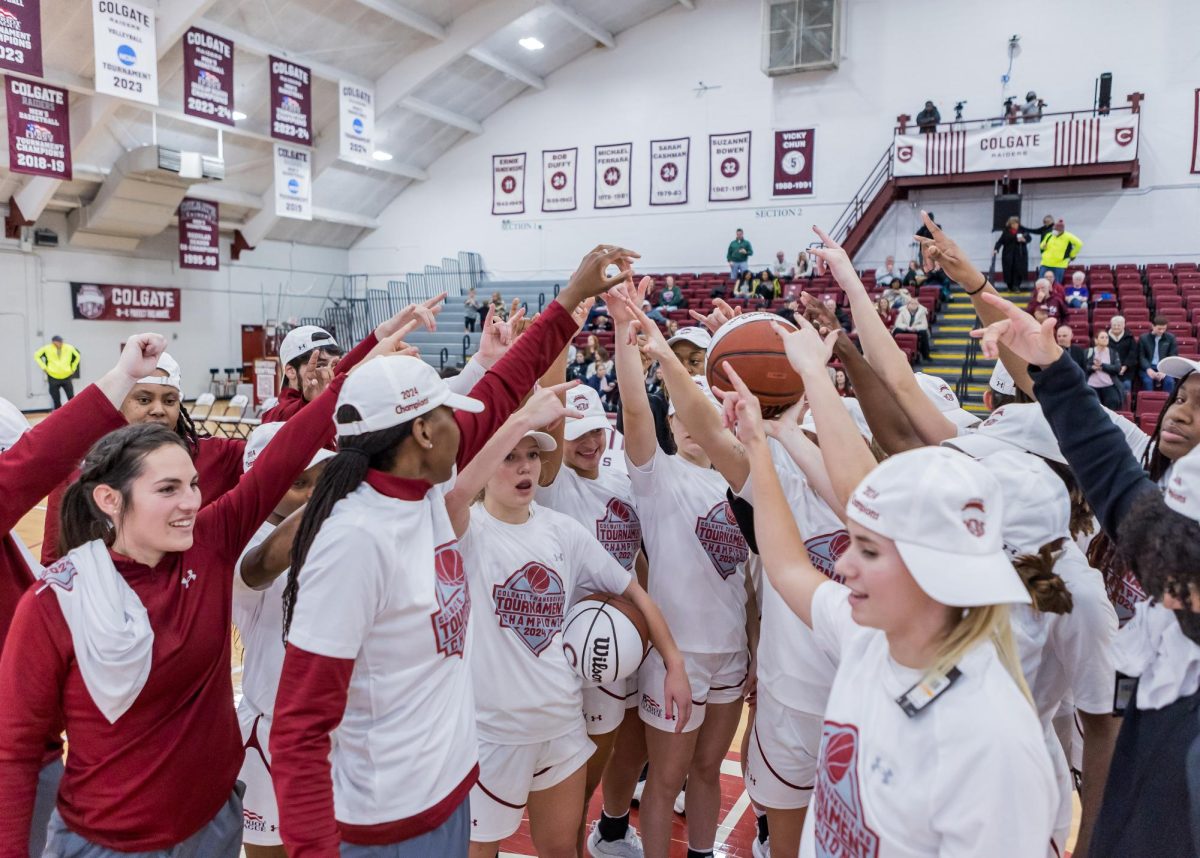Residential fellow Marissa Modugno ’23 organized a screening on Wednesday, Oct. 18, to watch “A Thousand Cuts,” a PBS documentary that follows the journalistic experience of Nobel Peace Prize recipient Maria Ressa as she faces backlash from President Duterte of the Philippines. Duterte tries to restrict Ressa’s ability to publish true, unbiased news and rallies Filipino citizens against Ressa to help him achieve this goal. The event included dinner from Oliveri’s Pizzeria, a documentary screening and faculty-led discussion.
Ressa has been a journalist for thirty five years and was “TIME” Magazine’s 2018 person of the year. She was also listed among the “TIME” One Hundred Most Influential People in 2019. She founded Rappler.com in 2012, which is described as an online news platform with the ethos of a small tech start-up. Due to her outspoken work, Ressa is currently facing ten charges in the Philippines related to exposing corruption within Duterte’s government.
This event was timely as all incoming first-years were required to read Ressa’s book, “How to Stand up to a Dictator,” this past summer. The book outlines how the large amount of misinformation that travels through social media platforms such as Facebook poses a vital threat to Filipino democracy and beyond. Ressa’s book argues there has been a shift in news quality as the media has transitioned from having a civic duty to being a commercialized venue to make money. The first-years’ summer read showed how misinformation and fake news are prevalent problems today as there is an increasing lack of unbiased, true news sources. Moreover, the book resonated in the context of today’s polarized online world, in which Facebook and other social media platforms manipulate citizens, stimulating feelings of anger and hate and causing people to act in uncharacteristically radical ways.
Ressa has continuously used her platform to speak out about the power of technology and how it impacts both individuals and institutions on a massive scale.
“I don’t think we have wrapped our heads around how much technology has allowed the manipulation of individuals and democracies,” Ressa said.
Modugno expressed how Wednesday’s event aimed to tie Ressa’s work into the overall goals of the Colgate University Residential Commons communities.
“[The purpose of this event is] to highlight the work of the Nobel-Prize winning journalist Maria Ressa to provide more background about her ahead of her arrival to our campus, but also part of the larger goal of the Residential Commons program to foster a living-learning community,” Modugno said.
Modugno hopes that this screening will go on to have broader effects on the campus community and spark important conversations about misinformation, the fragility of democracy and the need for free press. Moreover, she hopes that this event and Ressa’s upcoming visit will initiate action, as we in our community contemplate what actions we can take to help solve the problems discussed in the film and in Ressa’s work.
Ultimately, the screening highlighted the importance of discussing pressing issues within our democracy and taking appropriate action both at Colgate and beyond. Previous generations have worked hard to distribute factual, unbiased news so that we can be educated and informed citizens. Yet now, from the rapid spread of misinformation, democracies in both the Philippines and beyond are at risk.
Professor Alexander Karn was one of the faculty facilitators for the discussion held on Wednesday and spoke on the implications of understanding the problems Ressa describes.
“Getting a handle on this means each of us must be ready to make or renew a moral commitment to truth, and then we have to live in accordance with that as we move through the world,” Karn said.
Ressa will visit Colgate on Saturday, Oct. 28 as the speaker for the Kerschner Family Series Leaders at Colgate.















